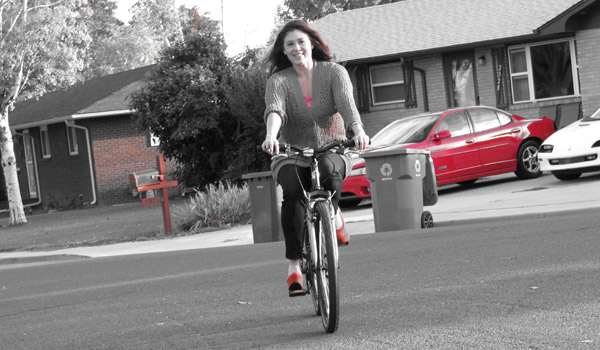
Our present-day lifestyle is as such that remaining physically active is next in importance to the intake of food and having enough sleep. A sense of guilt engulfs us when we deliberately decide to lead a sedentary life. For some people, it is easy to motivate themselves to exercise on a regular basis. For others, the required mental help is hard to come from within. Scientific awareness of the benefits of exercise on the mind apart from its impact on the body can go a long way in addressing this issue.
Do Exercise Really Boost Your Mood?
Serotonin, Adrenaline, Dopamine, and Endorphin are the four chemicals that regulate our moods chiefly. Serotonin contributes to our well-being and happiness. Adrenaline makes us feel excited. Dopamine controls the brain’s reward and pleasure centres. Endorphin reduces the sense of pain and enhances the feeling of pleasure. All these four chemicals act as messengers and pass on information from one cell to another. Sending and timely receiving of these signals constitute our mood changes in the brain.
These chemical messengers play additional roles in a physically active body. The feeling of satisfaction mostly experienced after a moderate to an intense session of physical activity is due to the high levels of release of this chemical in the blood. Stress, anxiety and lack of activity reduce serotonin and the consequences are irritation, mood swings, exhaustion and depression.
Normally, owing to our daily lifestyle choices, the level of adrenaline in our blood is very high. It leads to an increase in heartbeat, blood pressure, body temperature and stress levels. The intention should be to naturally bring down the elevated level of this chemical. This can be done by performing exercise at a lower intensity or carrying out exercise sessions with regular gaps in between.
Dopamine is responsible for all reward-related responses in humans. This chemical is closely related to serotonin levels in the brain. Any rise or fall of the latter chemical accordingly affects the former chemical too. As a result, the level of dopamine is higher in people who are actively involved in daily exercise.
One of the reasons for the high level of this chemical in physically active people is their awareness of general well being. These people take extra care in their diet and provide rest to the body. Ensuring good sleep is an essential aspect of their life. On the contrary, people with a low level of dopamine experience disrupted patterns of sleep.
Endorphine as the body’s natural pain killers reduces the feeling of pain experienced during moderate to intense exercise regimes. This chemical also does not allow us to notice any hurt or injury when we are absorbed in rigorous sessions of physical activity. The response of this chemical increases with the frequency of any form of exercise. Intake of drugs, alcohol or other substance brings down the level of this amazing chemical in the body.
High-intensity level exercises involving frequent start and stop efforts raise epinephrine and adrenaline levels. Low to moderate-intensity levels of exercise increase the levels of serotonin and its dependent chemical dopamine.
Other Reasons
- When we exercise, endorphins are released in the brain. Endorphins help the brain in masking the idea of any kind of pain. It also helps in improving our overall mood
- Any form of exercise helps relieve depression
- Exercise helps us sleep better. Thus, after a good night’s sleep, we tend to be less cranky
- Exercise reduces stress
- Exercise helps calm down our anger
- Regular exercise has a positive effect on our body. We become physically fitter. When we look better, we automatically feel better
- Exercise fills our mind with a sense of well-being and positively enhances our mood
So which types of exercises are beneficial for our mood?
There are no set rules for the kind of exercises that will help improve our mood. Any kind of physical exercise works well. Studies have shown that even a 30-minute running session goes a long way in uplifting our mood. The running can be done anywhere- around the park, in a treadmill, or even just around your neighbourhood block. A brisk walk is also another good option. If running or walking is too tedious and monotonous, you can opt for other forms of exercise like aerobics, dancing, skipping, etc.
The bottom line is, if you are feeling low or depressed, do some exercise. You’ll immediately feel better.
Conclusion: Though the exact mechanisms of work of these chemicals is still a subject of intense research, researchers are more than convinced that exercise positively influences human mood.
